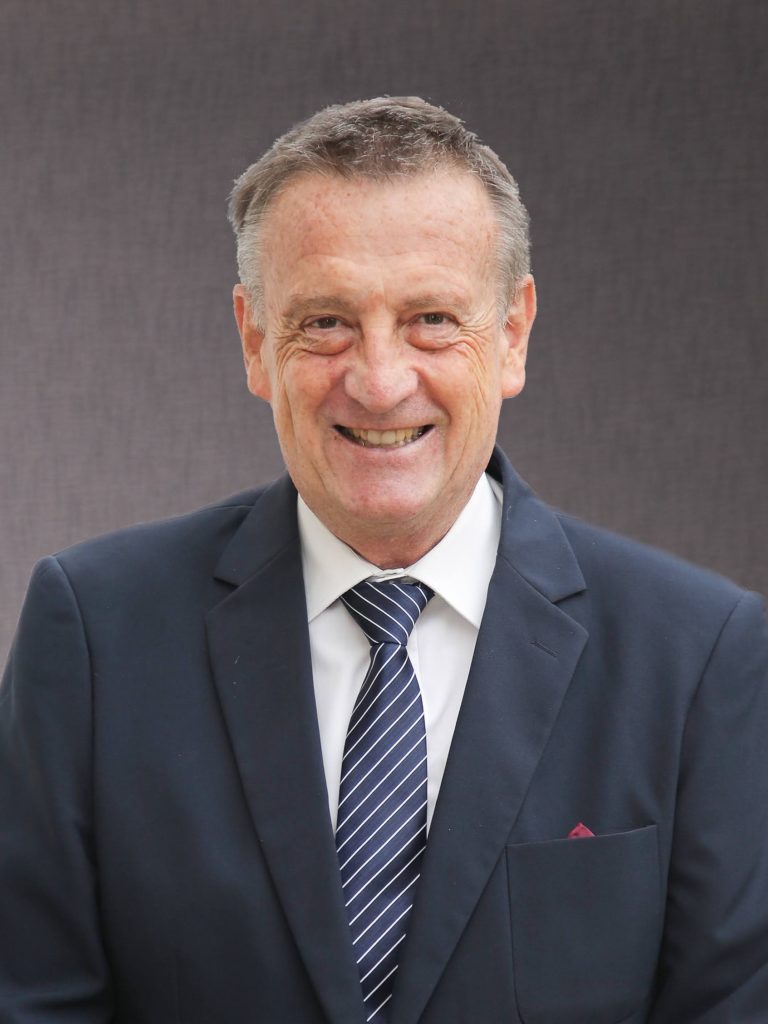
by Erwin Schwella
- 27 May 2021
Share:
Previous leadership precedent has limited purpose when the problems leadership collectives have to deal with are systemic, complex, huge, and challenging. It is especially limiting when paradigms then shift.
Mere data and information about the previous leadership problems and the required leadership approaches to address these problems seemingly buckle and then succumb to the pressure of complexity, where the old does not suffice anymore and the new is not already available. Current knowledge about the contexts, concepts, challenges, and competencies that partially served the purpose of leadership dealing with previous problems through precedent just do not suffice.
Compounded and confounded emerging complex problems have to be tackled and paradigms must shift.
Standard science somehow does not suffice any more. Certainty seems to be contaminated by complexity. Previous precedent is not fit for purpose. Doubt surfaces and starts to dominate. Disruption, doubt, and dilemma displace stability and destiny by previous design.
Predictions, especially about the future, become even more impossible. The future is not what it used to be. Shared visions dissipate and vanish.
The only matter which seems certain is uncertainty. Uncertainty and crisis deepen.
Experts debate and disagree, politicians pontificate, professors profess, priests pulpiteer and the prosperous pivot. Eyes are lifted up to the mountains in search for help that may not come. Exit the scientists and enter the sages? Or not? There is no more leadership with easy answers.
Leadership with wisdom is called for.
And leadership with wisdom calls for the realization that the doorway to leadership wisdom is consciousness of the impact of ignorance.
And leadership with wisdom calls for the realization that the doorway to leadership wisdom is consciousness of the impact of ignorance. Leaders gain wisdom in three ways: initially through reflection, which is the noblest; then through imitation, which is the easiest; and finally, through experience-based learning, which often is purposefully painful. Wise leadership is served by sensitivity and sensibility.
Wise leaders provide no easy answers, but sensitively and sensibly facilitate learning by continuously involving the leadership collective in four leadership learning questions about their leadership thinking and work. These questions are:
What happened?
The answer to this question results in a systematic, descriptive, qualitative and quantitative assessment of performance and performance trends based on empirical evidence and resulting in the assessment of relevance for the particular situation.
Why did this happen?
The answer to this question results in a diagnostic analysis based upon provisional explanations of actions and what these actions cause in terms of results related to increasing or decreasing performance.
What can I/we learn from this?
The lessons learned relates to improved individual learning contributing to personal mastery, team learning, systems thinking challenges to current mental models through deliberative personal empowerment, and team learning.
How can the learning be used and built back into the system?
The answer to this question enhances prognostic systemic and systematic institutional capacity building for continuous impactful quality and performance improvement.
Reflective practice-based wise leadership requires empathy, compassion, and considered judgement based on emotional intelligence linked to analysis and a bias for action without dominance and aggression.
The wise leadership approach is perhaps captured, albeit not perfectly, in the following somewhat abbreviated and slightly altered poem, by Rudyard Kipling:
If—
“If you can keep your head when all about you
Are losing theirs and blaming it on you,
If you can trust yourself when all doubt you,
But make allowance for their doubting too;
If you can wait and not be tired by waiting,
Or being lied about, don’t deal in lies,
Or being hated, don’t give way to hating,
And yet don’t look too good, nor talk too wise:
If you can dream—and not make dreams your master;
If you can think—and not make thoughts your aim;
If you can meet with Triumph and Disaster
And treat those two impostors just the same;
If you can talk with crowds and keep your virtue,
Or walk with Kings—nor lose the common touch,
If neither foes nor loving friends can hurt you,
If all people count with you, but none too much;
Yours is the Earth and everything that’s in it,
And—which is more—you’ll be a wise leader!
In conclusion, from a personal mastery point of view it may be relevant and useful to note some wisdom leadership proverbs:
Wise leaders realize that it is no problem to be a self-made person — as long as you are not a product of unskilled labor.
Knowledge is to know what to say. Wisdom is to know when to say it.
Fortunately, the future arrives — one day at a time.
Note: To read the original Kipling poem in its entirety visit: https://www.poetryfoundation.org/poems/46473/if—

Erwin Schwella grew up in South Africa during apartheid. He obtained a PhD in Public Governance from Stellenbosch University and became an academic there in 1981. Realizing the real consequences of apartheid, he became an academic and activist critic.
During democratization in South Africa, he served to shape the future of democratic new South African governance institutions. He is an emeritus professor of Public Leadership at Stellenbosch University in South Africa and in the Law School of Tilburg University in the Netherlands.
Since taking emeritus status from Stellenbosch, he learns about leadership as Dean: School of Social innovation and the Founding Servant Leader of the Centre for Good Governance in Africa at Hugenote Kollege in South Africa.
Erwin Schwella served as the Chair of the ILA Public Leadership Member Interest Group.

